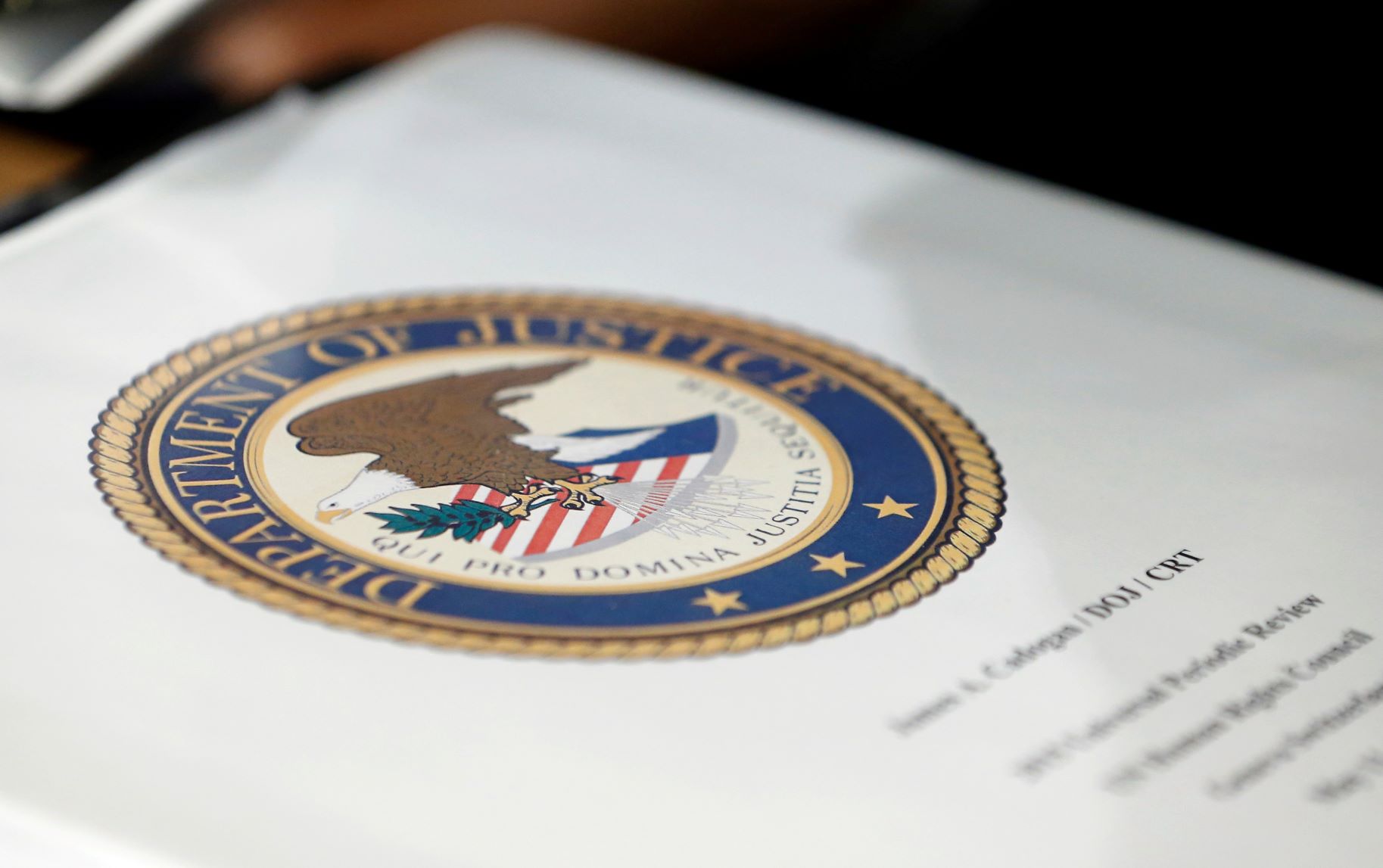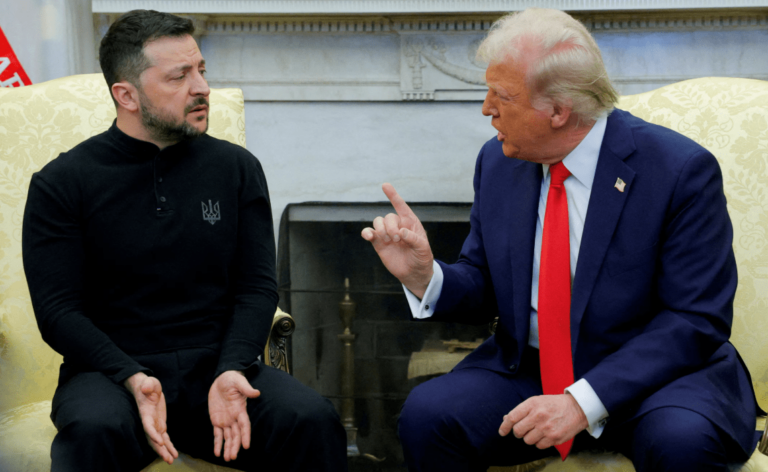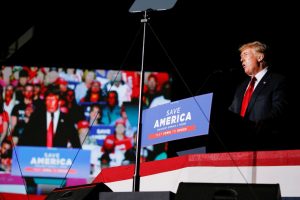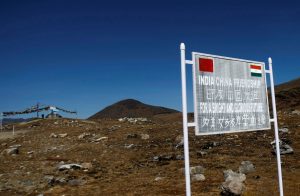A nuclear engineer, who worked for the U.S. Navy’s nuclear division and had access to military secrets, was charged with trying to pass sensitive information about the nation’s nuclear-powered submarines to a foreign government agent.
Jonathan Toebbe, a former U.S. Army officer, was charged with selling top-secret information to a foreign power. He was caught trying to offload secret documents to undercover agents who had pretended to be representatives of a foreign government.
Toebbe was arrested along with his wife Diana. The FBI said the scheme started in April 2020 after Toebbe sent a package containing sensitive information to a foreign government, expressing his willingness to sell more, including operations manuals and performance reports.
Authorities say the letter stated that he had gathered intelligence on the US military. After an undercover operation, an agent was able to purchase data from Toebbe using cryptocurrency. The undercover agent allegedly delivered $10,000 in cryptocurrency to Toebbe in June, portraying it as a show of good faith and trust, according to the FBI.
Federal agents watched as the Toebbes traveled to West Virginia to participate in their first entrapment operation. Toebbes’ wife, Diana, reportedly acted as a lookout during the dead-drop.
The memory card obtained by the agents contained a typed message that said, “I hope your experts are happy with the sample provided and I understand the importance of a small exchange to grow our trust.”
The FBI sought the help of a Navy expert, who confirmed that the memory card contained reactor design specifications for a U.S. Virginia-class submarine. The FBI also conducted several dead-drop exchanges in which Toebbe allegedly received more than $70,000.
Toebbes’ first court appearance is scheduled for Tuesday in Martinsburg, West Virginia. He is expected to be charged with violating the Atomic Energy Act, which restricts the disclosure of information and data related to atomic and nuclear projects.
Toebbe has been a U.S. government employee since 2012. He had top-secret security clearance and specialized in naval nuclear propulsion. He was recently assigned to a government laboratory in Pittsburg, which worked on nuclear-powered engines for the Navy.












